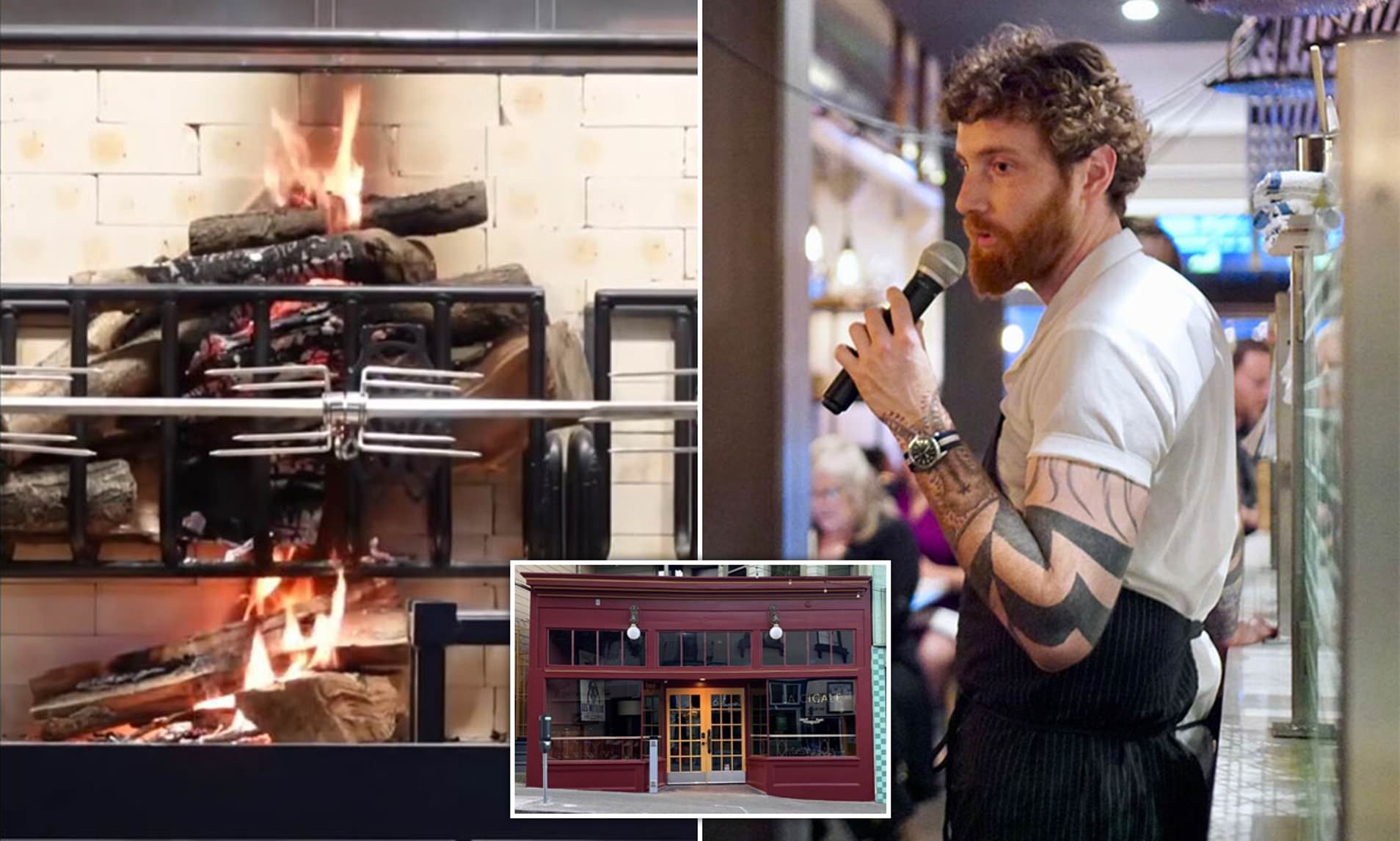A new San Francisco restaurant has become the focus of a neighborhood row after residents claimed its wood-fired grill is filling the area with smoke and triggering health problems.
La Cigale, a 16-seat French restaurant in Glen Park, opened this summer under chef Joseph Magidow.
The kitchen has no gas equipment, relying entirely on an open hearth where meat and vegetables are cooked over burning wood.
Neighbors say the constant smoke has left them suffering from headaches, coughing fits and asthma attacks. Some families claimed they are even considering moving out, fearing the impact on their children.
Ava Sasso, who is eight months pregnant, said her air purifier turned red as smoke entered her home.
‘We want the downtown of Glen Park to be revitalized and we want this restaurant to thrive, but not at the expense of our health,’ she told the SF Chronicle, adding that she has suffered headaches, watery eyes and coughing fits.
Longtime resident Lori Feldman said her asthma has worsened to the point where she now uses an inhaler several times a week.
‘It seems the best the owner can do is to stop using the wood burning stove and cook the way most restaurants cook,’ she told the paper.
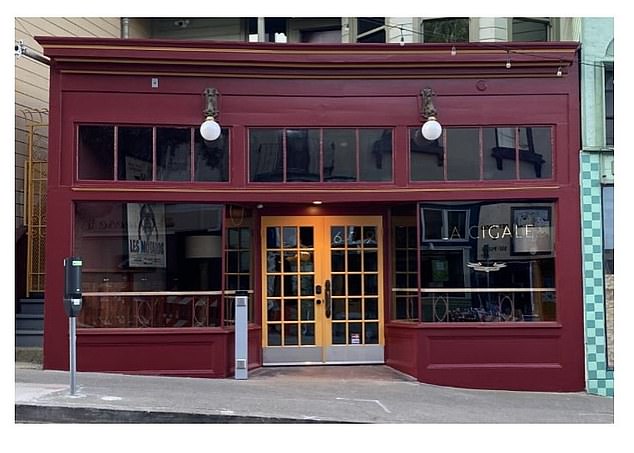
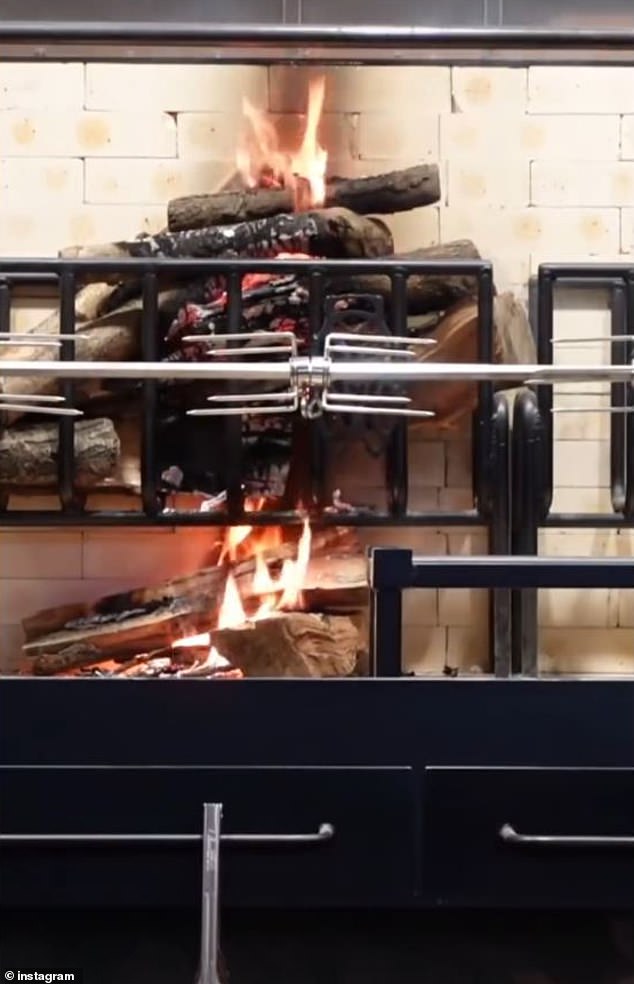
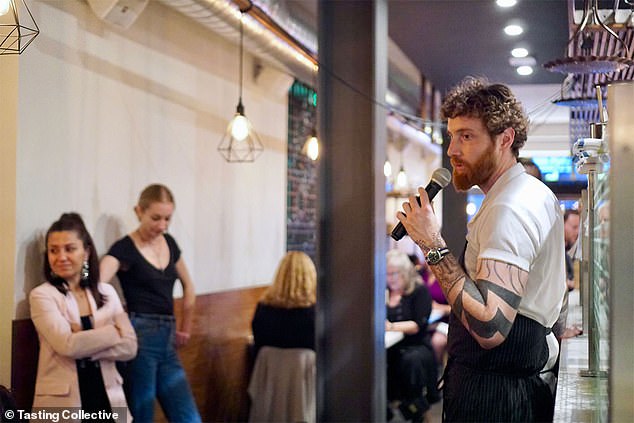
Magidow insists he has invested heavily in safety measures, spending about $50,000 to extend the restaurant’s chimney above nearby rooftops and adding filters to catch sparks and particles.
But complaints have continued, and he admits further upgrades such as a $75,000 pollution-control system may be needed.
‘We’re operating in good faith,’ he told the SF Chronicle. ‘Our feeling is that certain people may only be satisfied with a 100 percent perfect solution, and that solution is unlikely to be 100 percent perfect.’
But does smoke from these grills pose a real health threat? According to the U.S. Environmental Protection Agency (EPA), wood smoke contains fine particles and toxic gases that can irritate the lungs, trigger asthma, and even increase the risk of heart attacks and strokes.
‘Wood smoke is a complex mixture of gases and fine particles that can harm your health, and people with asthma, children, and older adults are especially at risk,’ the agency warns.
Research published in Environmental Health Perspectives has shown that wood smoke contains carcinogens such as formaldehyde and benzo[a]pyrene, and long-term exposure is linked to reduced lung function and chronic bronchitis.
Restaurant workers are particularly vulnerable. A 2017 study on cooking smoke exposure found that chefs and kitchen staff regularly exposed to grill fumes reported significantly higher rates of coughing, wheezing and other respiratory symptoms compared with control groups.
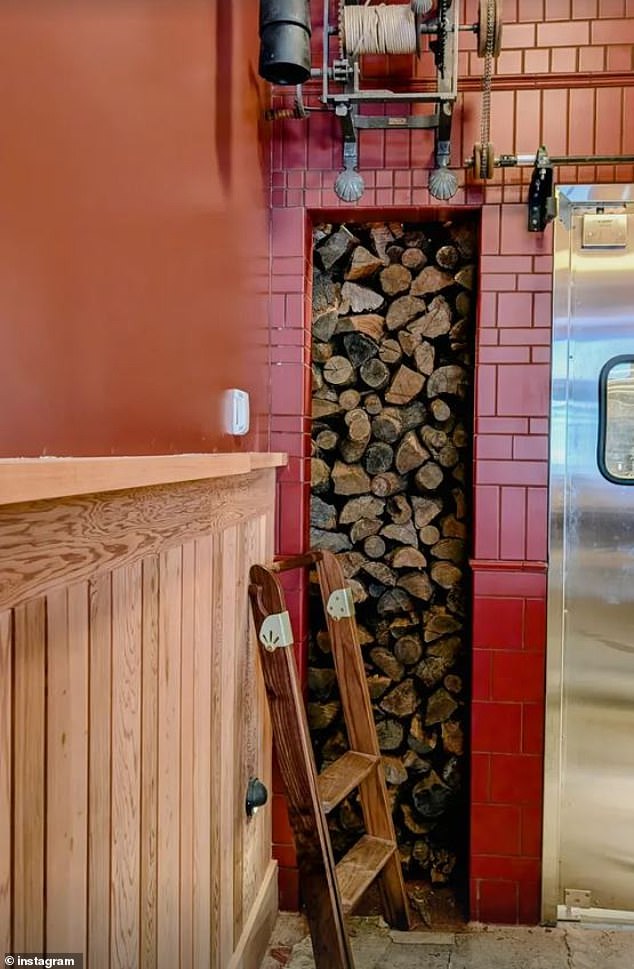
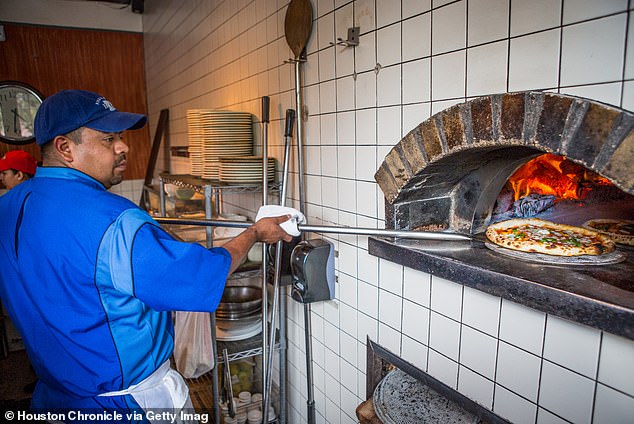
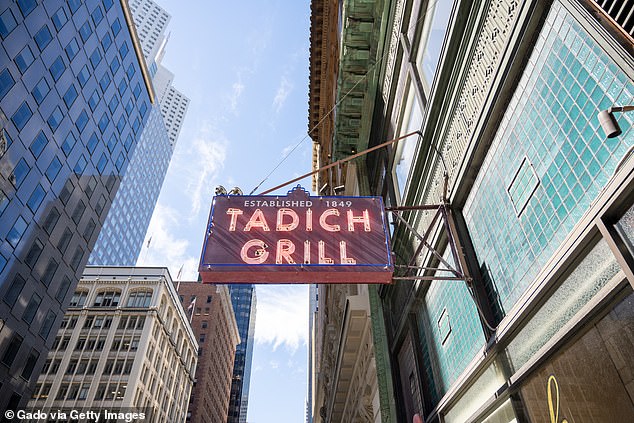
The American Lung Association has also cautioned that wood smoke is ‘a major source of particle pollution’ indoors and outdoors. ‘Breathing particle pollution can trigger asthma attacks, cause coughing, wheezing and shortness of breath, and even lead to premature death in people with heart or lung disease,’ the group states.
While the scale of emissions from a single restaurant is smaller than wildfire smoke or vehicle exhaust, doctors emphasize that vulnerable groups – especially young children, pregnant women and people with pre-existing respiratory conditions – can be disproportionately affected by repeated exposure.
The dispute reflects a wider problem across the U.S., where smoke from wood-fired cooking has become a flashpoint.
Daily Mail has previously reported how New York City pizza joints are being forced to raise prices to cover the cost of new air-filtration systems after the city introduced strict emissions rules.
Mayor Eric Adams signed off on a 2024 plan requiring wood- and coal-fired ovens to slash smoke output by 75 percent, impacting more than 130 businesses. Restaurants can apply for an exemption, but only if they prove they cannot afford the upgrades.
The mandate has cost iconic pizzerias tens of thousands. At Grimaldi’s Pizza, co-owner Anthony Piscina said one unit cost $50,000. ‘We have to do it. We can’t cook pizza any other way,’ he told the New York Post, noting coal ovens must reach 1,200 degrees to bake a pie.
John’s of Bleecker Street, one of the city’s oldest coal-fired pizzerias, spent more than $100,000. ‘We were told we had no choice. We have no business without our oven,’ manager Joey Schirripa told the New York Post.
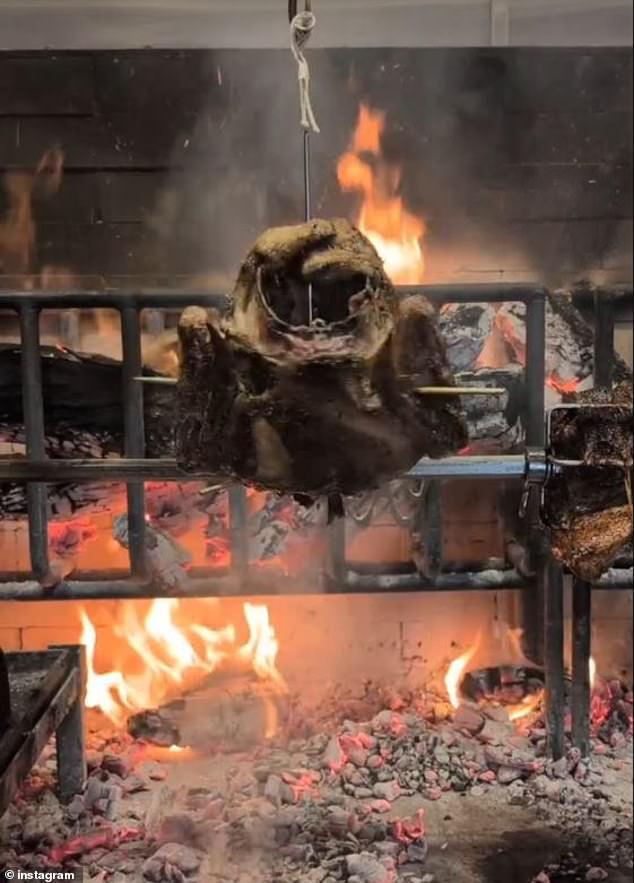
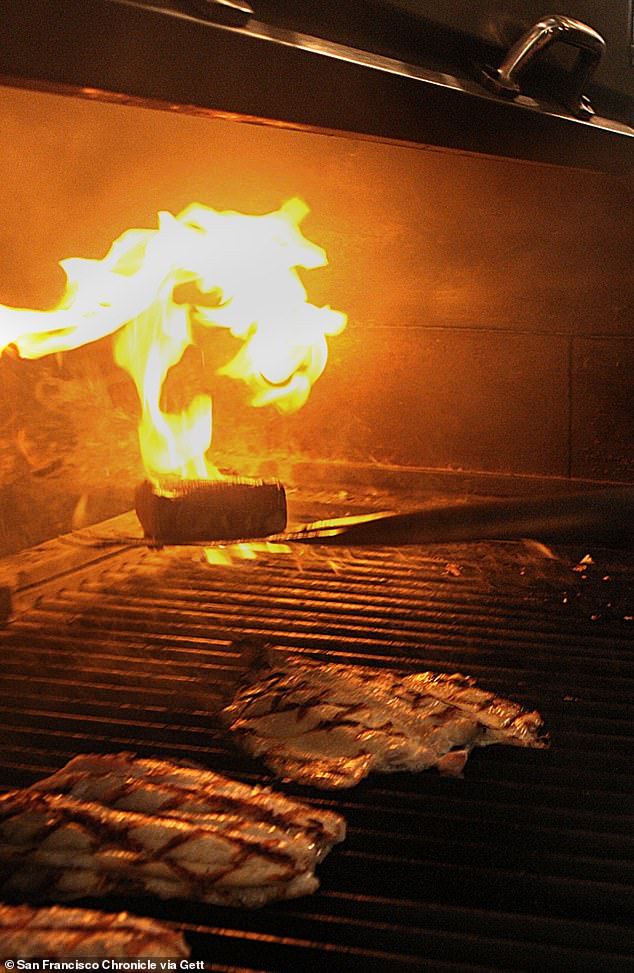
Chefs have argued the changes are costly, but unlikely to ruin the taste of New York’s famous pizzas.
‘I don’t think it’ll impact the flavor that much,’ professional chef Alejandra Sanchez told Daily Mail. ‘It’s impossible to get the smoke out completely unless you use an electric oven. The ones that will suffer most are probably Neapolitan pizzas.’
Still, Sanchez noted, cooks will adapt. ‘Say they really need smoke in the dish, then they might use a mozzarella that was previously smoked, or speck ham which is really smoky too.’
Daily Mail has reached out to La Cigale for comment.
Read more
- Could wood-burning stoves be fueling a lung cancer surge as experts issue stark warnings over health risks?
- Are middle-class homes risking health with trendy wood-burning stoves despite claims of dangerous pollutants?
- Are trendy wood-burning stoves wreaking havoc on your lungs just like cigarettes?
- Are rising domestic wood burning stoves putting your family’s health at risk, triggering respiratory and heart conditions?
- Could harmful air pollutants from wood burners and city smog be stunting your child’s lung growth and even pose a fatal threat?
